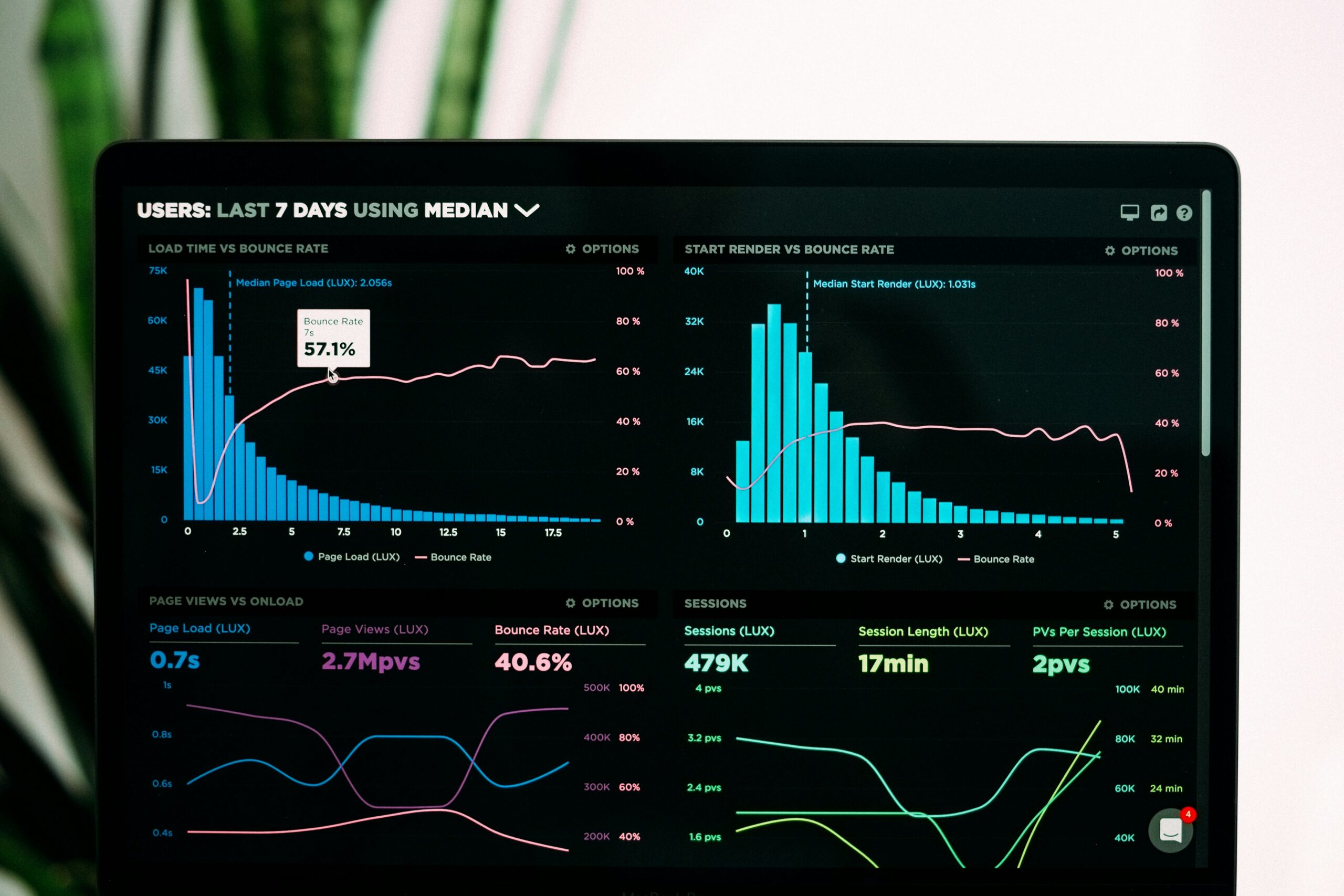 In 2007, Argentina's government saw an opportunity in the numbers...
In 2007, Argentina's government saw an opportunity in the numbers...
An election was coming up. And the government knew economic data could make a big difference toward the outcome.
Lower reported inflation would mean less frustration among consumers... and a better chance to retain power. So the country declared inflation was just 8.5%.
The problem? Independent economists said the real number was closer to 25%.
That data manipulation worked – for a while. By 2014, Argentina had started to default on its debt. The International Monetary Fund stepped in, censuring the country until it cleaned up its act.
Folks, for a long time, most people assumed these problems were isolated to developing nations.
But echoes of that same dysfunction are ringing through institutions once thought immune to such breakdowns.
In short, it's getting harder to trust government statistics... even from the most "trustworthy" sources.
 We're in the midst of a credibility crisis...
We're in the midst of a credibility crisis...
And it's spreading fast among developed markets.
In the U.K., the trouble started years ago. A 2023 internal audit flagged repeated failures in communication and leadership at the Office for National Statistics ("ONS").
But the report never made it to the top... until one staffer mentioned it during a hallway conversation a year later.
The chair of the department is stepping down. And the whole unit is restructuring as a result.
We have our own problems on this side of the pond. Earlier this year, Bureau of Labor Statistics Commissioner Erika McEntarfer was fired after a minor downward revision in job growth.
Many folks saw it as political retaliation. The move sparked a protest among economists, who warned it could compromise the bureau's independence.
 Whether you agree or not, it doesn't really matter...
Whether you agree or not, it doesn't really matter...
Even the appearance of manipulation can do lasting damage.
After Argentina's statistics scandal, investors turned to private data sources... which were often inconsistent or inaccurate.
That confusion pushed up bond yields, complicated central-bank decisions, and triggered a wave of litigation from international creditors.
And the same dynamic is already playing out in the U.S. Investors are increasingly relying on "alternative" data for everything from payroll aggregators to jobsite scraping.
Those tools weren't designed to set interest rates or calibrate fiscal policy. And they don't carry the same legal weight. It could create chaos in our financial system.
 Governments don't just collect economic data for policymaking...
Governments don't just collect economic data for policymaking...
They publish it to inform the world's decision-making. In the U.S., these metrics determine pricing and allocation for at least $120 trillion in assets by our calculations.
When folks don't trust the official numbers, it's a huge problem. Markets can handle inflation, recession, or even geopolitical risk... as long as they agree on the basic rules of the game.
But when the numbers themselves come under suspicion, investors lose their anchor.
Check back in tomorrow – we'll cover a prime example of what happens when you can't trust the data from an economic leader.
It's not just about what the next inflation number says. It's about whether anyone believes it.
And right now, that's not a guarantee.
Regards,
Joel Litman
August 25, 2025



 In 2007, Argentina's government saw an opportunity in the numbers...
In 2007, Argentina's government saw an opportunity in the numbers...

